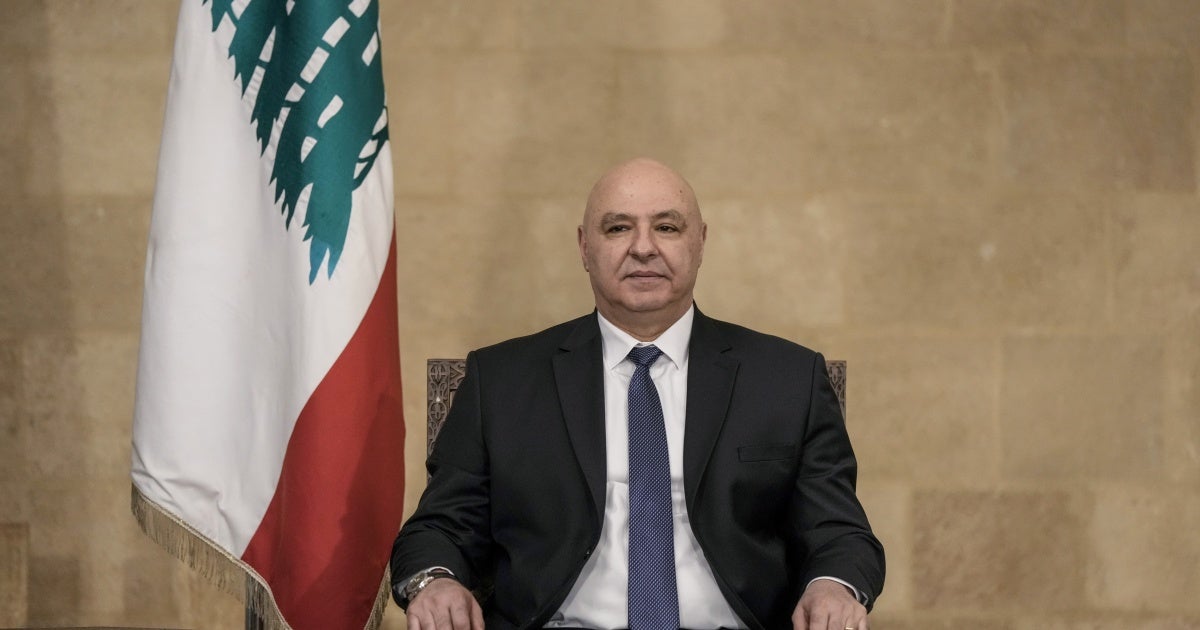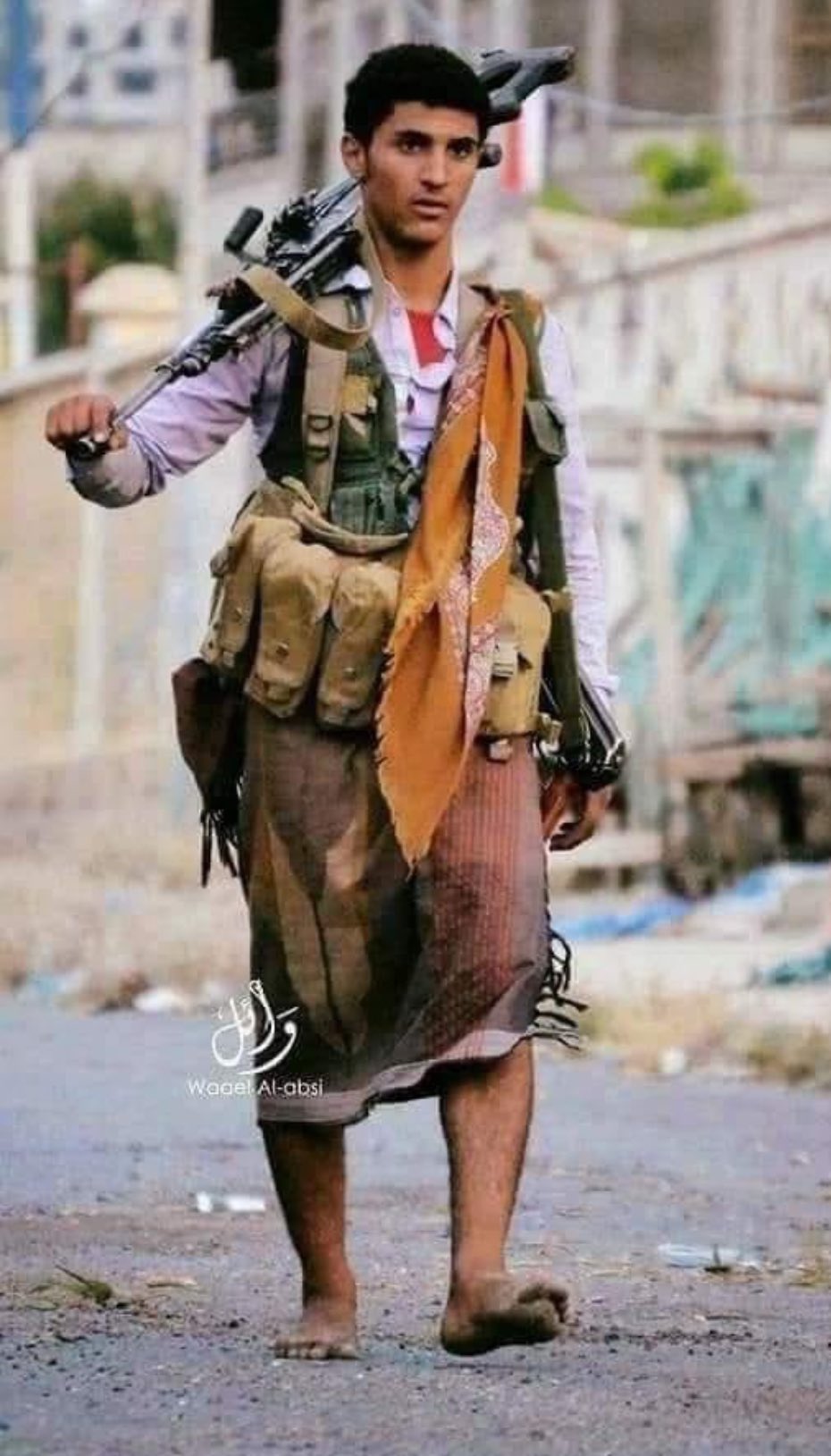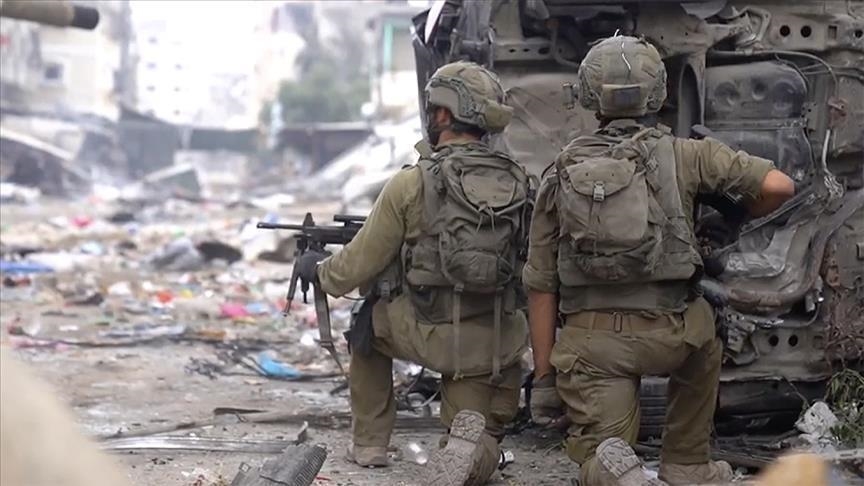
By Dr Khairi Janbek
We have grown accustomed to Lebanon being in the headlines as a result of blood and destruction, but no longer. Whether due to the weakening of Iran, determination of the international community and/or both, all this appears to be changing.
Lebanon has now officially elected a new president, ending a long period of political crisis that has long left the country without a head of state since the term of former president Michel Aoun expired in late October 2022. After protracted negotiations and intense political maneuvering, not to mention Arab and international pressure, general Aoun, with a tough military reputation who has lead the army since 2017, has become the latest leader of the country.
General Aoun takes office amidst a period of significant economic and social challenges for Lebanon, as the country is grappling with an acute and ongoing financial crisis, soaring rates of unemployment, and the collapse of its currency, in addition to the refugee crisis and deteriorating infrastructure that has left Lebanon hanging by a thread.
In fact to top it all, the powerful sectarian political groups which hindered the election of a president for the past 26 months and more will not likely disappear with the election of general Aoun despite the seemingly robust character of the new leader.
The new 14th Lebanese president in his first address to parliament, vowed to work with all political factions to implement reforms and tackle the pressing economic issues that has long log-jammed the country. His speech was one that had determination and a sense of purpose and appeal with a rallying-cry for all of the fractious political groups of Lebanon.
Having said that, and despite the election in the Lebanese Parliament, the country’s future still remains uncertain with challenges. The new president will need to navigate carefully the deeply entrenched political system which often leads to gridlock and an inability to implement meaningful change.
Additionally, the country’s economy remains in freefall, with millions of Lebanese struggling to afford basic goods and services. Therefore, it is clear the road ahead will be a challenging one to say the least. Logically for many, the focus has already turned to whether the new president can live up to the promise of healing the nation and lead it towards a more stable system.
From the Arab and international perspectives, the messages of support from both seem to be encouraging, but this support will need to be translated into monetary terms for re-building the country. It is said there is the promise of $10 billion earmarked for this effort but frozen on the condition that Lebanon elects a president based.
Now this hurdle has been overcome and passed. At the end of the day as well, General Aoun is seen as the consensus candidate for the Arab countries as well as the international community. In this sense, the release of the re-building funds may look optimistic but there is still the snag of the question of Hezbollah and Israel’s future belligerent intentions towards the country, issues that are still to be ironed out.
The new Lebanese administration needs guarantees from Hezbollah in as much as it needs guarantees from the new Lebanese administration, and the Arab and international community eagerly awaits the results of this dimension because, putting it bluntly, no one wishes to see their investments blown up in another war nor their money burnt in smoke.
All that one can say under the circumstances, is that General Aoun, and he is the fourth president to be chosen from the military establishment, can negotiate with Hezbollah to surrender their heavy weapons to the Lebanese Army while keeping their light weapons; at least for the time being, and stay away from the Litani River as demanded by Israel.
But this will need considerable political dexterity and acumen.
Dr Khairi Janbek is a Jordanian analyst based in Paris








